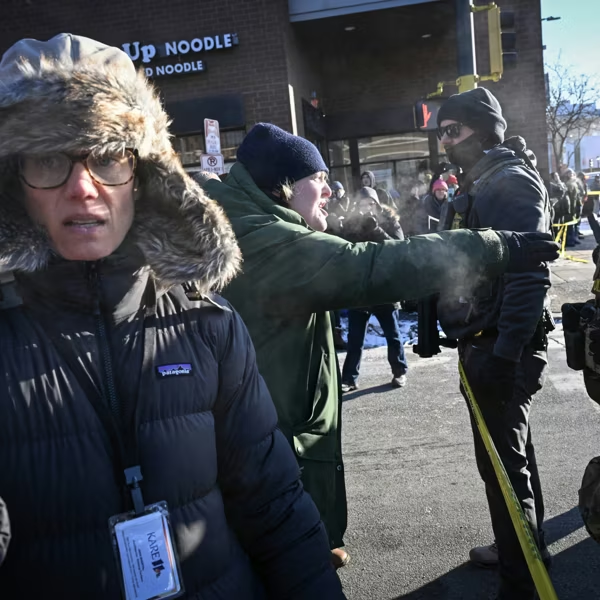Donald Trump's real war on the press has finally begun.
Ever since he began his campaign for president, Trump has engaged in a largely rhetorical battle against the press, casting the reporters who cover him as the enemy of the average American and as disseminators of what he calls "fake news." But for the most part, Trump's bark has been worse than his bite. Unlike his predecessor, Barack Obama, Trump was not known to have spied on journalists or tried to jail them - as Obama did with me - for refusing to reveal their sources.
Until now.
Now we know that the Justice Department secretly seized the phone and email records of Ali Watkins, a New York Times reporter, in a leak investigation involving a former Senate staffer. It is the first time the Trump administration is known to have engaged in such an aggressive tactic against a reporter, and it is exactly the kind of press surveillance at which the Obama administration excelled. For years, conservatives attacked Obama for using such tactics to spy on reporters. Of course, there was no outcry from the right on Friday over Trump's willingness to do the same thing.
To be sure, Trump has previously gone after the alleged sources of stories in the press, including former National Security Agency contractor Reality Winner and FBI agent Terry Albury, both of whom have been accused of providing classified information to The Intercept. The Intercept does not comment on its sources. But the targeting of Watkins shows that the Trump administration is willing to attack the press directly.
Read the full article at The Intercept.




